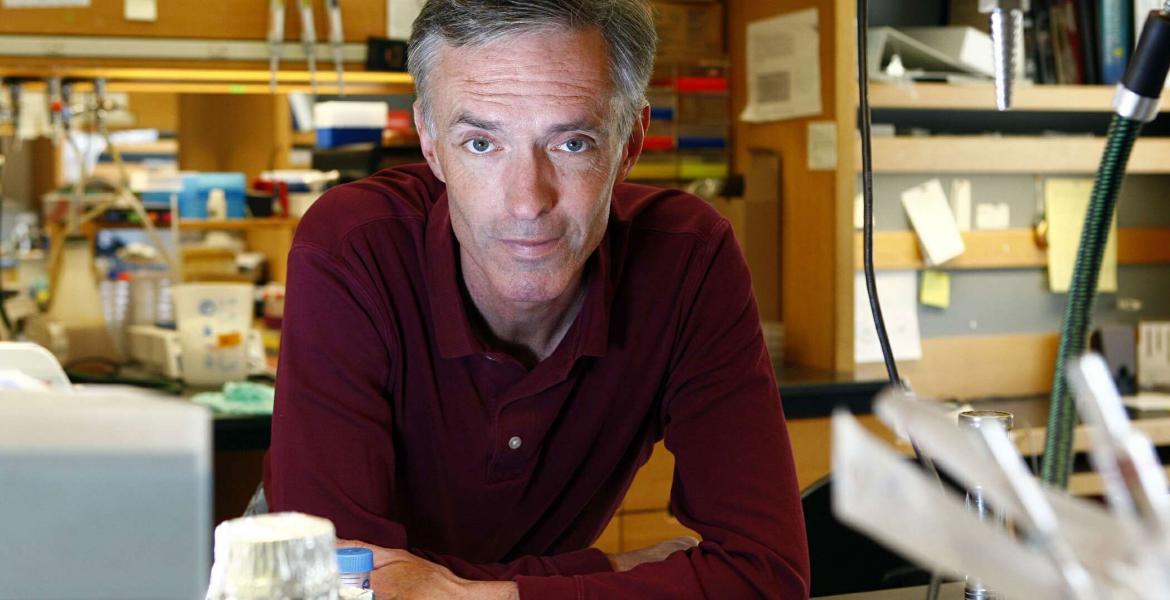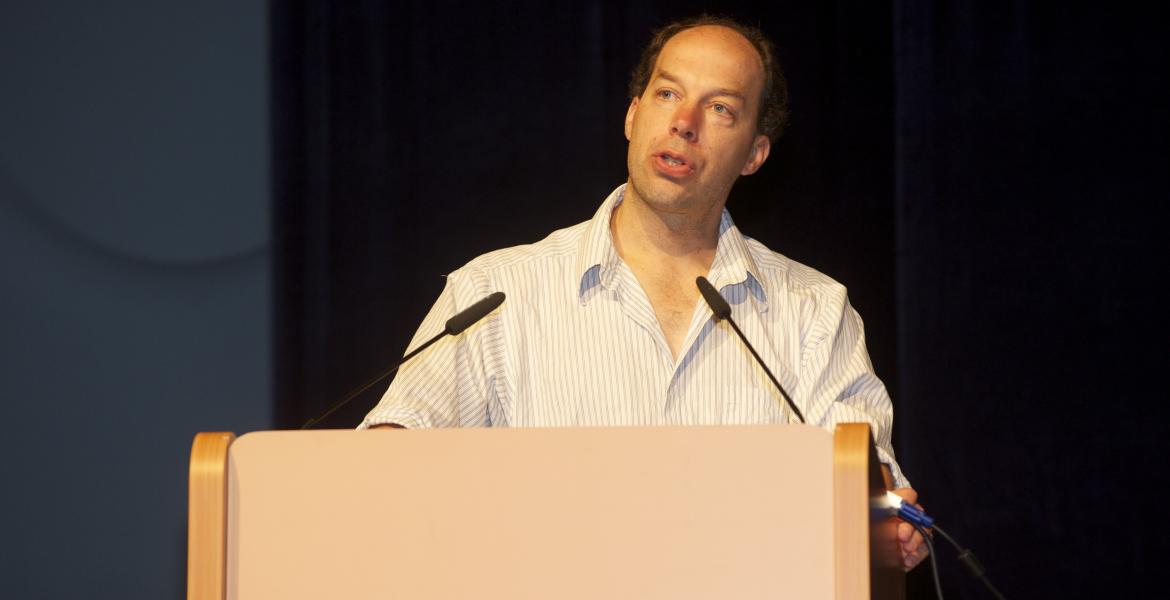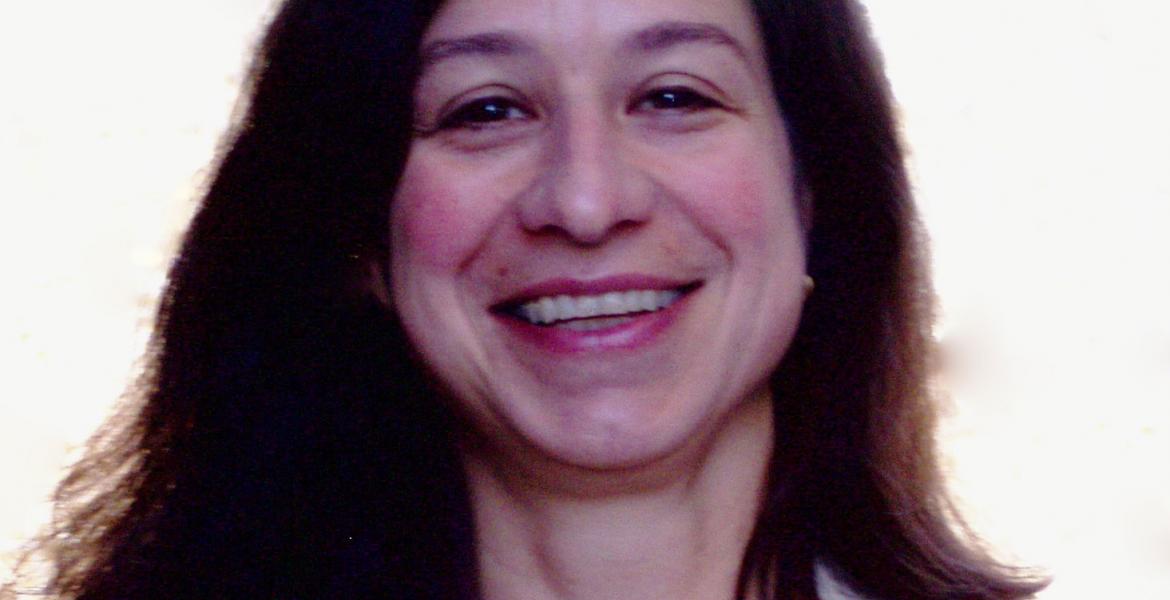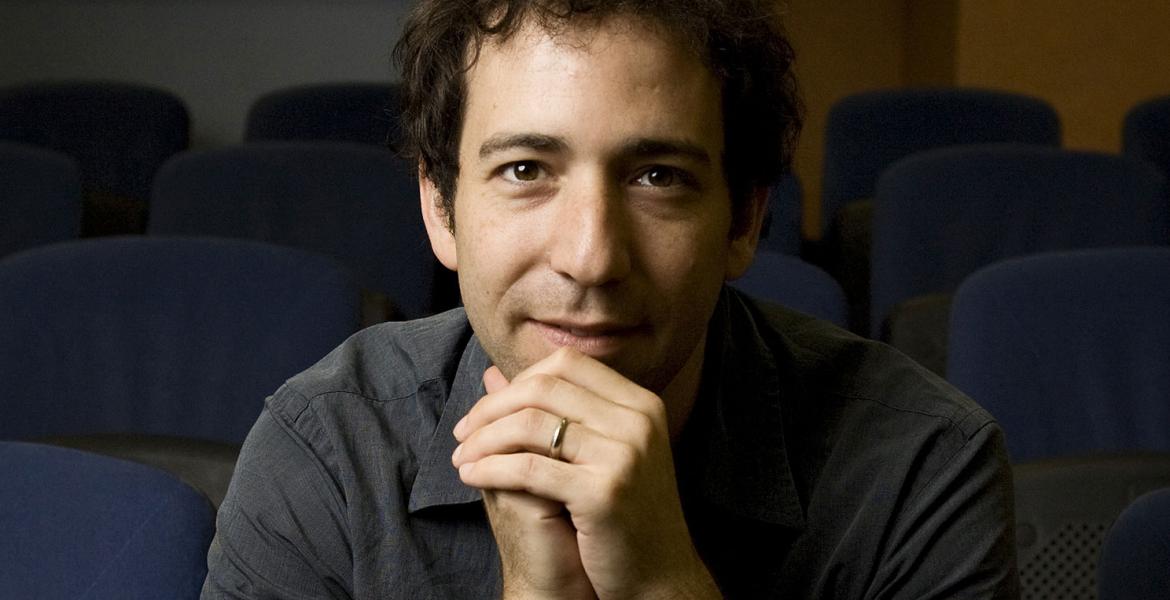The Career Development Award (CDA) funds HFSP fellows who return to their home country or move to an HFSP member country to establish their independent laboratory. It is the primary funding mechanism offered by HFSP that aims at encouraging repatriation of postdoctoral researchers after the fellowship tenure abroad.
The goal of CDA support is to encourage former HFSP fellows to initiate an original research program in their own laboratories as independent researchers in their home country or in an HFSP member country. Applicants for the CDA are expected to propose an original and innovative frontier research program that holds promise for the development of new approaches to problems in the life sciences with potential to advance the field of research significantly.
The three-year award provides initial support during a critical period of career development. Host institutions are expected to contribute additional resources in support of the awardees and their independent research program.
The CDA is open only for former HFSP Fellows. Candidates are furthermore encouraged to select research institutions that are different from their PhD institutes to facilitate their scientific independence. Eligible HFSP fellows will receive information in good time to apply for the Award.







































